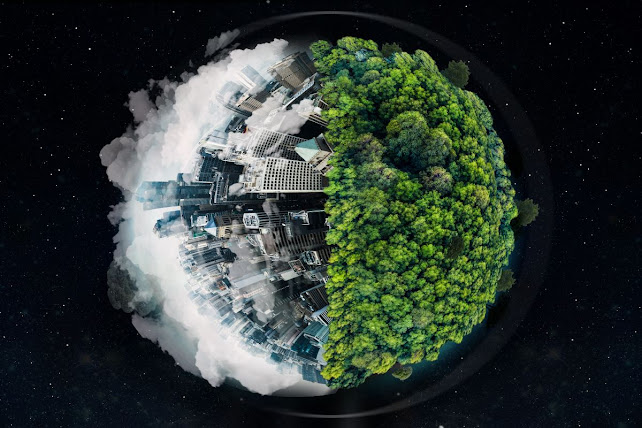The United Nations Development Programme (UNDP) and IBM have launched new interactive energy tools on UNDP's global GeoHub platform. Utilising IBM’s watsonx AI and data technology, these tools allow policymakers, community leaders, and the public to analyse energy access and equity, supporting data-driven decisions for a just energy transition.
"This collaboration highlights the power of technology to drive sustainable change in communities worldwide," said Justina Nixon-Saintil, IBM Vice President and Chief Impact Officer. "By making these models accessible, we empower global leaders and citizens to make impactful energy decisions."
The GeoHub, part of UNDP’s Data Futures Exchange (DFx), integrates geospatial and time-based data with satellite imagery to tackle development challenges, from assessing energy access to climate vulnerability over time. The platform now features two new models co-created with IBM: the AI-powered Electricity Access Forecasting model and the Clean Energy Equity Index, offering insights into electricity access trends through 2030 across 102 countries in the Global South.
Laurel Patterson, Head of the UNDP SDG Integration Team, emphasised that this partnership provides countries with critical data to support net-zero investments and people-centred development, accelerating progress toward the Sustainable Development Goals.
The Clean Energy Equity Index, developed by IBM and UNDP together with Stony Brook University, is a first-of-its-kind statistical geospatial model combining geospatial analytics with environmental, economic and social factors such as education, greenhouse gas emissions, and relative wealth to generate a Clean Energy Equity score of 0-1. This score reflects both opportunities for clean energy development and urgency, through the lens of equity and a just transition. In this dashboard, GeoHub users can also individually view and customise each environmental, economic, or social factor analysed in the model to evaluate which factors impact equitable access to clean energy, empowering better decision-making. The model will provide data from 53 African countries.
Historically, advanced models like these have not always been accessible and applicable to all users. Together, IBM and UNDP set out to co-create solutions that would strengthen free public access to complex clean energy information and advanced technology, while simultaneously providing essential energy resources for policymakers, governments, journalists and decision-makers.
Universal access to electricity remains a pivotal goal for African states in the region. Our collaboration with the UNDP, through the IBM Sustainability Accelerator, will allow communities on the continent to use the power of science, leading technology and the latest innovations in AI and hybrid cloud to turn sustainability ambition into action, by leveraging data and insights to interpret complex clean energy challenges and opportunities. Said John Matogo, Corporate Social Responsibility Leader for the Middle East and Africa.


No comments:
Post a Comment